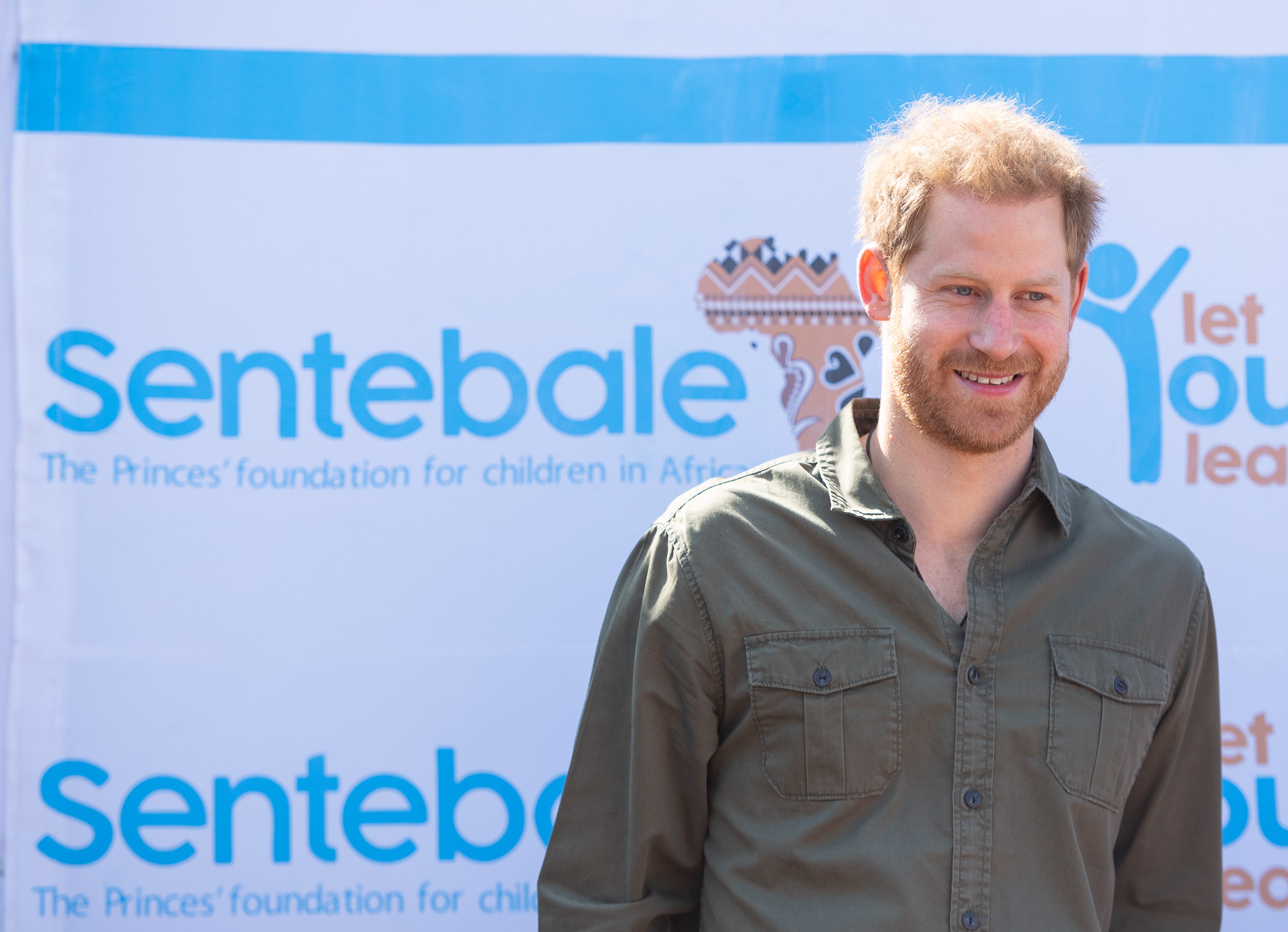Harry launches Sentebale’s annual report highlighting pandemic’s effect on young
The charity works with vulnerable children and young people in southern African nations of Lesotho and Botswana.

Your support helps us to tell the story
From reproductive rights to climate change to Big Tech, The Independent is on the ground when the story is developing. Whether it's investigating the financials of Elon Musk's pro-Trump PAC or producing our latest documentary, 'The A Word', which shines a light on the American women fighting for reproductive rights, we know how important it is to parse out the facts from the messaging.
At such a critical moment in US history, we need reporters on the ground. Your donation allows us to keep sending journalists to speak to both sides of the story.
The Independent is trusted by Americans across the entire political spectrum. And unlike many other quality news outlets, we choose not to lock Americans out of our reporting and analysis with paywalls. We believe quality journalism should be available to everyone, paid for by those who can afford it.
Your support makes all the difference.The Duke of Sussex has said his Africa-based charity has seen violence against women “rocket” and young people highlight how their mental health has “deteriorated”.
Writing a foreword for his organisation’s annual report with co-founder Prince Seeiso of Lesotho, Harry said during the pandemic “existing inequalities have either deepened or been exacerbated”.
Their charity Sentebale works with vulnerable children and young people in southern African nations of Lesotho, Seeiso’s homeland, and Botswana to ensure they have access to vital health services, especially HIV treatment.
The princes also criticised the global Covid vaccine rollout for being “far too slow” but said “thankfully” rates of inoculations were increasing in southern Africa.
Harry and Seeiso said: “The reality is that existing inequalities have either deepened or been exacerbated during the past two years. This has created a compounding effect, as the Covid-19 and HIV pandemics are intrinsically intertwined in many ways.
“Parents and carers have lost their jobs; young people can’t find work; children have missed out on schooling; gender-based violence has rocketed and young people tell us their mental health has deteriorated. Poverty is on the rise.”
The report highlighted how in Lesotho Sentebale’s peer educators worked with health professionals across multiple districts to test children and young people for HIV, referring nearly 3,500 who tested positive to clinics to begin treatment.
They also tracked more than 1,300 children and young people living with HIV identified as defaulting from their medication, and now 85% have returned to treatment and care.
Sentebale’s staff also delivered sexual health and rights education to nearly 27,000 children and young people.
Harry and Seeiso said in their foreword: “The global vaccine roll-out has been far too slow and far too many have been left at risk.
“Thankfully, vaccination rates across the Southern Africa region are picking up but as many in the HIV advocacy community have known for decades, we cannot just hope for a pandemic to disappear. It takes resources, investment, ingenuity, leadership and access to solve a public health crisis.
“Out of these difficult times we have also learnt some valuable lessons. It has shown us the potential of a new hybrid way of working, mixing face-to-face and virtual programming to help us reach many more children and young people as well as increase our capacity to provide one-to-one support.
“As we look ahead, we are working to best utilise technology to deliver our programmes whilst continuing to ensure young people feel safe and empowered.”